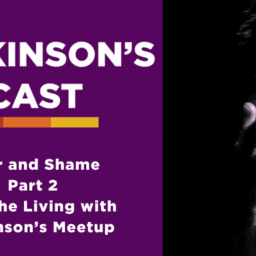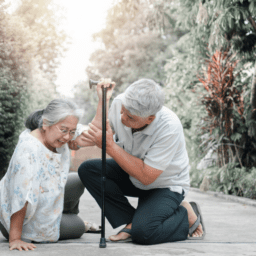Written by Kelsey Phinney
Misconception #1: “Every person living with Parkinson’s has the same symptoms.”
My dad, Davis, told me that there’s a common saying in the Parkinson’s community: “When you know one person living with Parkinson’s, you know ONE person living with Parkinson’s.”
Each person with Parkinson’s is on a journey all their own. And while people with Parkinson’s may have a shared experience, their symptoms and how they present vary greatly.
For example, resting tremor is a common symptom of Parkinson’s, but many people living with Parkinson’s don’t experience tremor. Rigidity, bradykinesia, and postural instability, three other prevalent motor symptoms, don’t affect each person in the same way either.
When it comes to the non-motor symptoms of Parkinson’s, the list is even longer. Some people seem to experience the full range of symptoms—depression and anxiety, nOH, sleep disorders, cognitive decline, pain, constipation, etc. —and some experience just one or two of those symptoms.
While most people living with Parkinson’s receive a diagnosis after the age of 50, some individuals receive their diagnosis in their twenties and thirties.
Furthermore, people respond differently to the wide variety of pharmaceutical, surgical, and alternative therapies that treat Parkinson’s.
All of this is to say that Parkinson’s isn’t a one-size-fits-all disease, and while there are similarities across each person’s experience, there are also many differences.
It can be helpful to research the common symptoms of Parkinson’s to understand the big picture, but it’s just as important to pay attention to your own (or your spouse/parent/sibling/friend’s) symptoms and experiences so you can choose the best care plan for you.
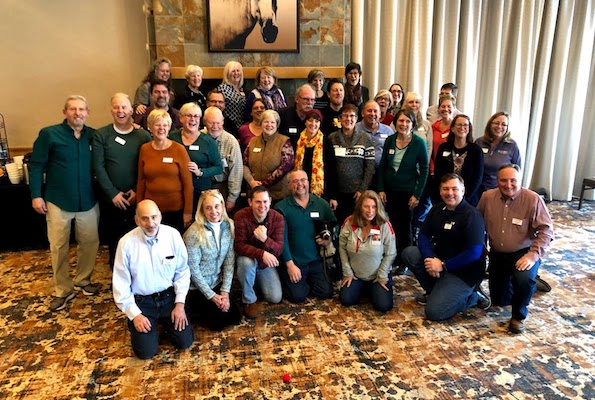
Misconception #2: “You have to quit working once you get Parkinson’s.”
While it is your decision whether or not you can manage to work full-time or at all, living with Parkinson’s doesn’t mean you have to give up working. You can remain employed, and many do while living with Parkinson’s. It’s a decision you and your family make based on your needs, desires, and abilities.
What I’ve learned from people who work while living with Parkinson’s is that it’s essential to be honest about your boundaries and what you need. That may mean choosing to work part-time if that option is available for you. That may also mean choosing to change occupations. It’s also your decision if and when you want to tell your coworkers and employer about your Parkinson’s.
I recently spoke with one of the members of our Board Kevin Kwok about this misconception and the experiences he’s had since being diagnosed. He said, “For many people, work plays a significant role in their lives. It not only influences their role in society, but for people who have been diagnosed and are living with Young Onset Parkinson’s Disease (YOPD), it impacts how they prepare for the cost of raising kids, retirement, and affording day-to-day life on top of the costs they incur from living with Parkinson’s.”
When Kevin was first diagnosed, he continued to work fulltime, and he chose to only tell a few close confidants about his Parkinson’s. We talked about how difficult a decision it can be to tell people you work with about your Parkinson’s. He also explained that for him and many other people living with Parkinson’s, that telling people at work and in their communities can be a relief.
The unexpected surprise that many people experience is how supportive and accepting the people in their community are upon finding out. Kevin made a series of career changes after getting his DBS to lower his stress and improve his quality of life, which led him to his job at Theravance Biopharma. Moreover, he used his previous professional experiences and his volunteer experiences as a patient advocate with the FDA, the Davis Phinney Foundation, and the Michael J. Fox Foundation to turn his hobby into a job. He worked with his boss to create a new job centered around patient advocacy and patient engagement. Here are a few tips from Kevin about working while living with Parkinson’s:
- Reduce stress and workload so that you can manage your schedule, exercise routines, and time.
- Be creative in designing your ideal job and advocate for yourself.
- Make decisions about where and how to work based on the kind of environment where you’re likely to thrive.
- The current move to more remote work may be beneficial to those living with Parkinson’s because it could help you find balance. Don’t be afraid to ask for that option to continue.
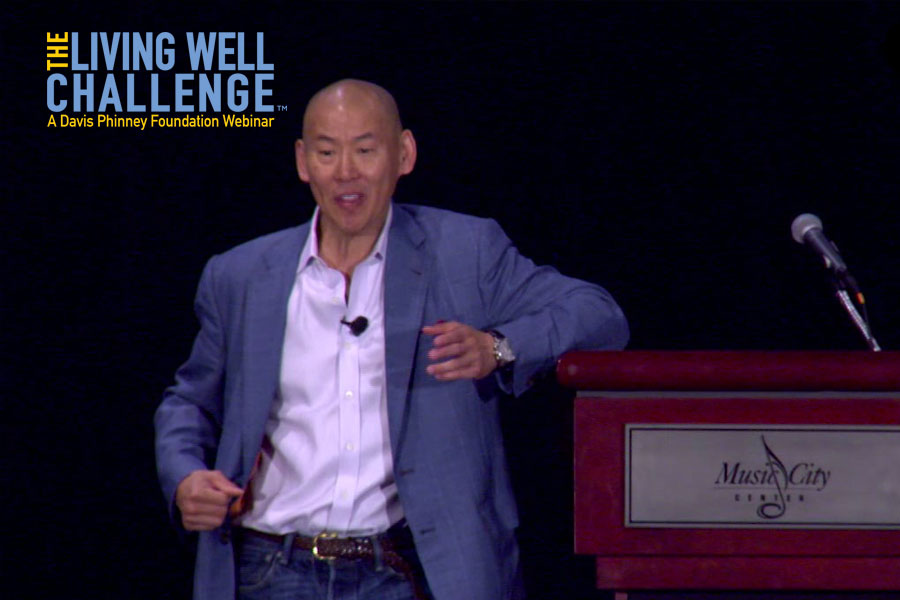
Should I tell my employer that I have Parkinson’s?
Misconception #3: “You can always tell when someone is living with Parkinson’s.”
Not all people living with Parkinson’s have obvious or pronounced physical symptoms, so you can’t always tell if someone has it or not. This may be because they were recently diagnosed, or they have very mild symptoms, they are ON, or they have had success with deep brain stimulation (DBS). For example, one of the big misconceptions about Parkinson’s is that everyone who has it has a visible tremor. Not only is that not the case, but there are also many people who don’t have Parkinson’s but have Essential Tremor, which is different than resting tremor, which is the more common type of tremor that people with Parkinson’s have.
Last year, I went to Jazzetry night at the Laughing Goat café in Boulder, Colorado, with my parents and boyfriend. Jazzetry is a combination of improvisational jazz and spoken word poetry. We were there to see Wayne Gilbert, who I hadn’t met before this event. When I saw him perform, I thought, “This man, this poet who is beautifully and flawlessly performing his poems to jazz music for an hour, has been living with Parkinson’s since 2005?!” My boyfriend asked the same question. Had my parents not told us, we never would’ve known. He didn’t look like he had any of the symptoms that people think always accompany Parkinson’s.
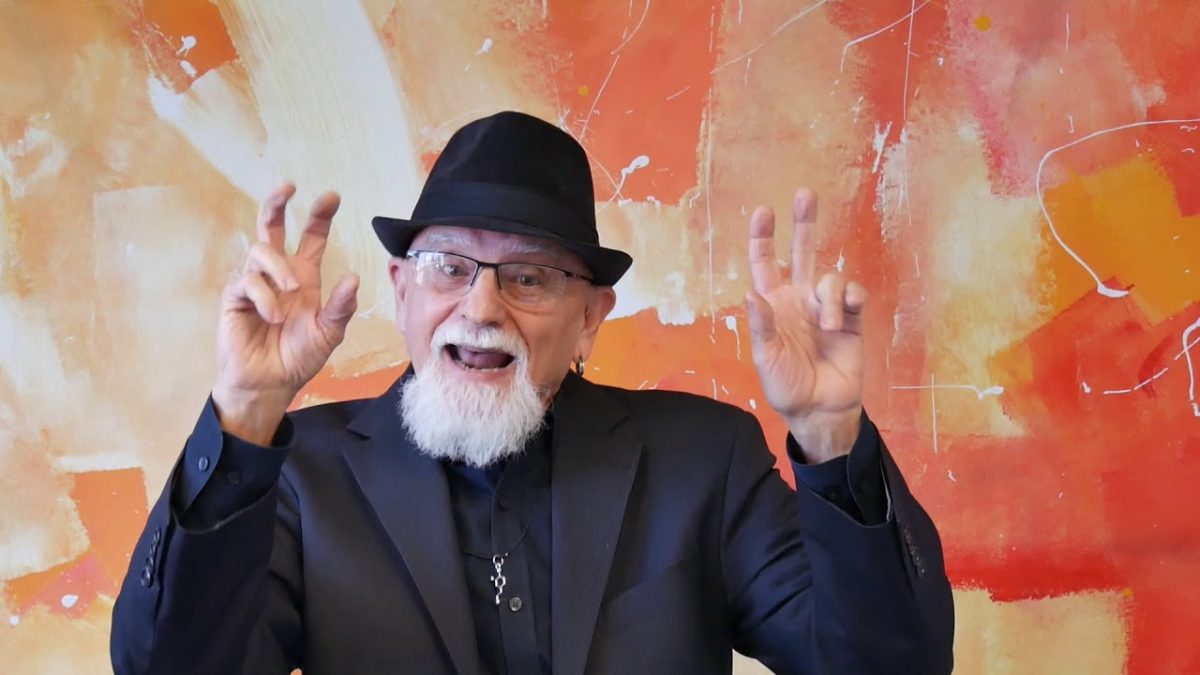
Parkinson’s can be physically debilitating, but it can also be very well managed, often to the point that most people wouldn’t know unless you told them.
Misconception #4: “Parkinson’s gets worse by the minute.”
Parkinson’s is a neurodegenerative disorder, which means that it progresses over time. That does not, however, mean that a person’s Parkinson’s starts at a high point and then progressively declines. Often when a person living with Parkinson’s works with their movement disorder specialist to fine-tune their medications, they can feel much better than they did before their diagnosis or when they first began taking medication for it.
For example, people who are good candidates for DBS can have significant improvements in their symptoms after surgery. My dad used to have a tough time with the ON and OFF cycle of medications. However, DBS changed that. I still remember the first day he came home after having his battery turned on, and his DBS settings configured for his symptoms. He had a sparkle in his eyes I hadn’t seen in a long time.
In more recent years, when I’ve joined my dad’s spin class for Parkinson’s or when he showed me how to do vocal exercises for Parkinson’s, I can immediately see the positive effects of the interventions and therapies he’s tried. However, none of us, whether we are living with Parkinson’s or not, are spared tough days. Some days are great for my dad. Some are less great. But like my mom, Connie Carpenter, often says, “Prepare for the bad days, and enjoy the good days because many of us are going to live with this for a long time.”

Misconception #5: “A diagnosis of Parkinson’s defines who you are and means the end of personal growth.”
Parkinson’s doesn’t go away, but it doesn’t have to define who you are or halt your personal growth. Many people in the Parkinson’s community talk about how their experiences living with Parkinson’s has led to discoveries about themselves and their lives. My dad often talks about how his role in the Parkinson’s community provided him with a profound calling and has given his life deeper meaning.
Each person living with Parkinson’s is a person first, with all the complexities and intricacies that come with being human. I’ve met people with Parkinson’s who began biking regularly for the first time, found new volunteering opportunities, started taking dancing classes, learned how to box, learned how to sing, spent more time gardening, or found new creative outlets after their diagnosis. If you have any doubts about this, just read a few of these stories.
One person who found a new passion since his Parkinson’s diagnosis is Mike Riley.
I reached out to Mike Riley to talk about his experience of learning to paint watercolors while living with Parkinson’s. Mike was diagnosed with Parkinson’s 16 years ago, and he started painting three years ago after he retired. He said that he was used to working hard so he wanted to find something new and challenging to spend his time on. His wife had already started painting and enjoyed it, and she suggested that he try it. Since creativity had always been important to him, painting was a great fit. I asked him if it was challenging to paint with Parkinson’s, and he said, “When I’m painting, I don’t have Parkinson’s. I can be creative and create something that people think is beautiful.” Mike shared some of his paintings with me when we spoke, and I have included this one below, titled “Sailing.” You can find more of Mike’s work here.
Mike discovered his love for painting through learning to create watercolors. What have you learned or discovered since your diagnosis? In what ways has your definition of yourself changed or expanded? In what ways has your definition of yourself remained constant? In what ways have you grown?
Want More Practical Articles Like This?
Much more can be found in our Every Victory Counts® manual. It’s packed with up-to-date information about everything Parkinson’s, plus an expanded worksheets and resources section to help you put what you’ve learned into action. Request your free copy of the Every Victory Counts manual by clicking the button below.
Thank you to our 2020 Peak Partners, Amneal and Kyowa Kirin, with special support from Adamas, for helping us make printing, distributing, and shipping the Every Victory Counts manual possible.









